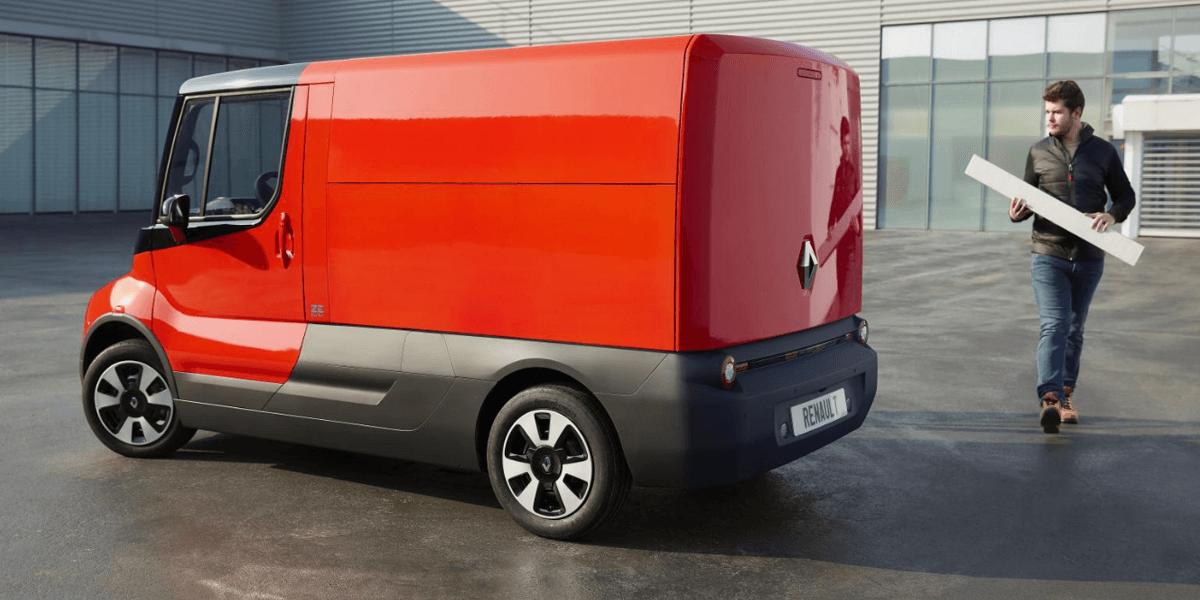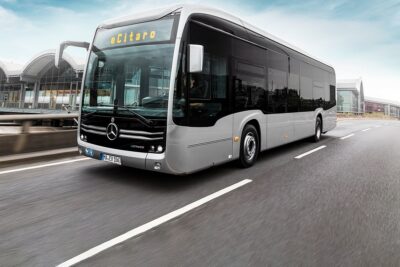Mercedes to leave transporter cooperation with Renault
Mercedes-Benz, a long-time partner of Renault in the van sector, will probably not participate in the French company’s FlexEVan project. Instead, the Stuttgart-based company apparently wants to focus on its own VAN.EA electric platform.
This is reported by Reuters with reference to two sources familiar with the matter. The background is that Renault is planning a family of battery-electric vans based on its own platform under the name FlexEVan from 2026. This FlexEVan architecture is being developed for the Renault and Nissan brands. According to insiders, Renault Trucks, a commercial vehicle manufacturer belonging to the Volvo Group, could also join.
Mercedes-Benz, on the other hand, wants to stay out of it, although the close ties between Renault and Daimler are among the industry’s historic alliances. A Mercedes spokesperson told Reuters that the group had no plans to launch a medium or large van on a platform other than VAN.EA. Renault declined to comment, according to the news agency.
While Daimler and Renault used to work together, for example, on the supply of diesel engines and in the joint Twingo-Smart project, there is now only one close link: namely the small Citan van and its recently unveiled electric offshoot eCitan, which shares technology with the Renault Kangoo and the all-electric Kangoo E-Tech respectively. Renault has long sought to expand its cooperation with Mercedes in the small van sector, but to no avail, writes Reuters, adding that new incentive programmes such as the US Inflation Reduction Act and similar European measures “could however lead to the two cooperating on the sharing of manufacturing facilities”, the news agency writes.
For its part, Mercedes-Benz is focusing on its own VAN.EA electric platform, on which all of the manufacturer’s newly developed medium and large vans will be based from 2026. The manufacturer has only recently revealed many details about the architecture. By 2030, Mercedes-Benz wants to increase the share of all-electric vans to 50 per cent by means of the new platform. As an interim target for 2026, the share is to rise to up to 20 per cent with the current portfolio of electric delivery vans at its core.
For comparison: in 2022, 14,700 of all 411,000 Mercedes vans delivered had an electric drive, which corresponds to a share of just 3.6 per cent. The big leap will come in 2026 with the first VAN.EA models.






0 Comments